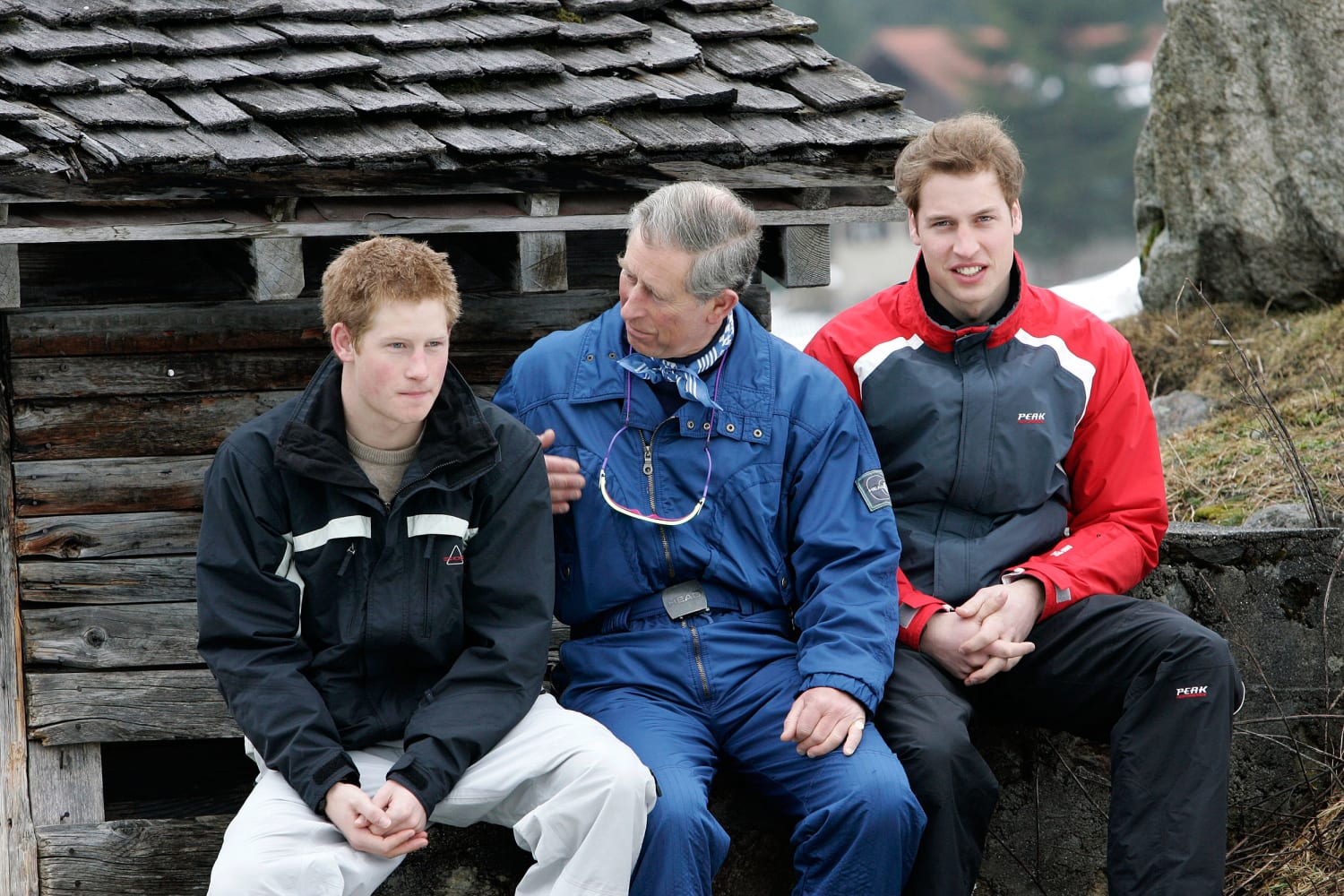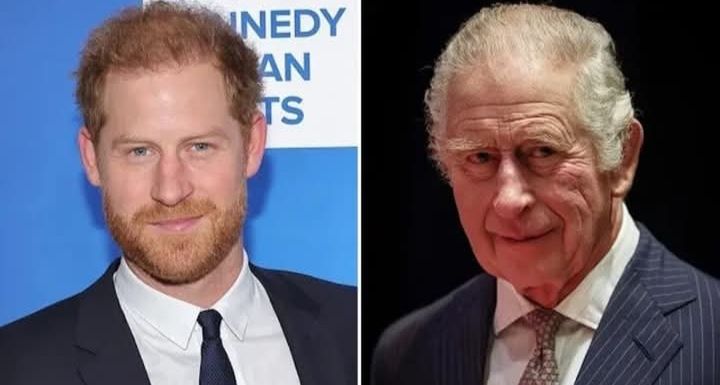LONDON, UK — Discussions around the relationship between Prince Harry, the Duke of Sussex, and King Charles III have persisted for years, with many pointing to emotional and institutional differences as key factors. Despite widespread public interest and tabloid speculation, there is no verified or official evidence supporting any claims about DNA tests or questions surrounding Prince Harry’s paternity.
This article aims to clarify what is publicly known—based only on statements from the Royal Family, verified interviews, and reputable news organizations—while cutting through unsubstantiated rumors.
What We Know About Prince Harry’s Relationship with King Charles
Prince Harry has spoken openly about his relationship with his father in high-profile interviews, including his 2021 CBS interview with Oprah Winfrey and the Netflix docuseries Harry & Meghan released in 2022. In those conversations, Harry addressed feelings of emotional distance and lack of support during significant periods of his life.
According to BBC News, Harry described a breakdown in communication during his and Meghan’s decision to step back from royal duties in early 2020. He publicly acknowledged that while he still loves his family, he and his father had gone through periods of limited contact.

No Official DNA Test Confirmed or Referenced by the Palace
Despite sensationalized headlines, there is no record in court filings, medical disclosures, or royal communications to suggest that any DNA testing has ever been carried out to question Prince Harry’s biological parentage. The Royal Household has not issued any statement regarding such a claim.
Reputable media outlets including Reuters, The Guardian, and Associated Press have also not published or confirmed any reports of a DNA test involving Prince Harry or King Charles III.
Rumors about Prince Harry’s paternity have circulated for decades, often tied to his physical appearance or his mother’s past, but these claims have been widely debunked and described as baseless by multiple royal correspondents. In particular, former British Army officer James Hewitt, who has frequently been named in tabloid speculation, has publicly denied being Prince Harry’s father, and the timeline of his relationship with Princess Diana does not align with Harry’s birth.

Why DNA Claims Are Unfounded and Harmful
Experts on royal affairs, including former palace press secretaries and British historians, have urged the media and the public to avoid repeating unverified and potentially defamatory claims. Royal biographer Penny Junor noted in a 2021 interview that “these types of stories are hurtful, not just to those involved, but to the public understanding of the monarchy.”
Furthermore, spreading medical or genetic claims without evidence violates standards of responsible journalism and can mislead readers. According to Google’s own content policies, speculative or sensationalist narratives—especially those involving health, identity, or legal matters—are discouraged from appearing in search results or ad placements due to their lack of factual basis.
The Real Roots of the Rift: Differing Values and Roles
Rather than baseless rumors, the publicly acknowledged challenges between Prince Harry and King Charles appear to stem from deeply personal and institutional issues. In interviews and his memoir, Harry has discussed:
- Mental health struggles and his desire to protect his family from the intense media scrutiny that surrounded his mother, Princess Diana.
- Differences in royal responsibility and what Harry has called the “invisible contract” between the monarchy and the UK press.
- A desire for financial independence and greater control over his personal life and security.
Since moving to the United States in 2020, Prince Harry and Meghan Markle, the Duchess of Sussex, have engaged in philanthropic and media initiatives, including their work through the Archewell Foundation. These moves represent a conscious shift away from royal protocol, which has at times clashed with the expectations of the monarchy.
:max_bytes(150000):strip_icc():focal(749x0:751x2)/king-charles-prince-harry-0305-3-8a2852face3545e7a4942a9347d55d45.jpg)
Public Appearances and Family Milestones
Despite the reported tensions, Prince Harry has participated in major royal events in recent years. He attended the funeral of Queen Elizabeth II in September 2022 and was present at King Charles III’s coronation in May 2023, though without Meghan and their children.
These appearances have shown that while the relationship between Harry and his father may be strained, efforts to maintain family ties continue in both public and private capacities.

The Importance of Verifying Sources
In an era of widespread misinformation, especially regarding public figures, it is vital for readers and media outlets to rely only on verified sources. Platforms such as The Royal Household’s official site, BBC News, AP, and Reuters remain the most trustworthy avenues for updates on the Royal Family.
No official agency or accredited journalist has confirmed any DNA testing involving members of the royal family. Articles or social media posts suggesting otherwise should be viewed with skepticism unless corroborated by official records or trusted news organizations.
Conclusion: Focus on Facts, Not Fiction
While tensions within the Royal Family are well-documented and have been openly discussed by Prince Harry himself, there is no credible evidence to support claims of a DNA-based family rift.
Assertions about secret tests or revelations from anonymous insiders have no place in responsible reporting. As public interest in the Royal Family continues, it is important to uphold standards of accuracy and fairness—particularly when personal identities and reputations are involved.
As of now, Prince Harry remains publicly recognized as the son of King Charles III, and the Royal Family has not indicated otherwise. Readers are encouraged to engage with the topic through factual sources and to avoid amplifying unverified or harmful narratives.
Sources:
- BBC News – Prince Harry
- The Guardian – Royal Family
- Royal.UK – Official Statements
- AP News – Prince Harry coverage
- Reuters – Royal News
